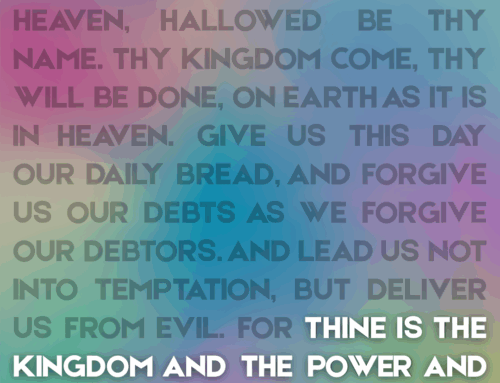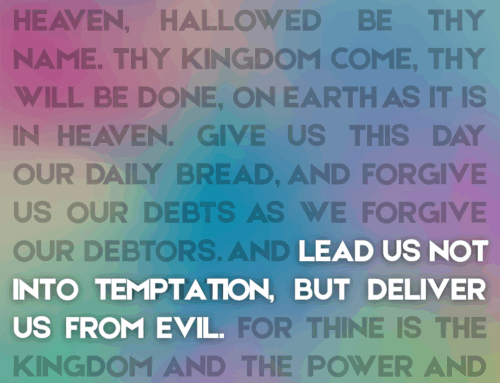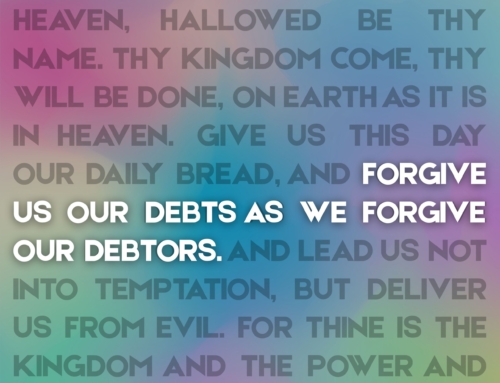“Mary took a pound of costly perfume made of pure nard, anointed Jesus’ feet, and wiped them with her hair. The house was filled with the fragrance of the perfume. But Judas Iscariot, one of his disciples (the one who was about to betray him), said, “Why was this perfume not sold for three hundred denarii and the money given to the poor?”
(He said this not because he cared about the poor, but because he was a thief; he kept the common purse and used to steal what was put into it.)
Jesus said, “Leave her alone. She bought it so that she might keep it for the day of my burial…” – John 12:3-7
We return to John 12 to one of the few stories that lives in all four gospels. The washing of Jesus feet before his burial is a story amazed the early Christians. The image is powerful. The symbolism is moving. And the message, that a gift of other centered love is never wasted, is inspiring.
Today I am drawn to Jesus’ observation, “She bought it so that she might keep it for the day of my burial…”
The woman is not named in the other gospels (Luke calls her a woman who lived a sinful life). Only John names her as the sister of Martha and Lazarus. All of the stories emphasize the value of the perfume but only John tells us that she bought it. Jesus tells his disciples and us, that she bought it for the day of his burial. Yet, I have to wonder, did she know that that is what the perfume would be for? Did she purposefully buy it thinking it would be used for his burial? None of the other gospels hint at such a foreknowledge on her part. And given the widespread hope that Jesus would usher in a golden age of Israelite independence, it seems unlikely that she would anticipate his coming death (see Peter’s reaction to Jesus predicting his death in Matthew 16:21-23).
My hunch is that the woman with the alabaster jar of perfume did not know how this great resource would be used. She might have had other plans for the perfume. I imagine pouring all of it at once wasn’t the original idea. My guess is that she didn’t know this fragrant resource would become an extravagant act of love would reverberate through the centuries.
But God had an idea.
Despite our plans, we do not see the full extent of what our resources, of what our lives will become. Yet, this woman teaches us that gifts given with an other centered love will extend their blessing for beyond what we could imagine. God has an idea for how our resources, and our lives can be used for worship and for service. Gifts given with an other centered love are a way we live into the prayer, “thy kingdom come, thy will be done.”
I believe that it was in that moment that Mary learned what that jar was truly for. Wouldn’t it be amazing if God had plans for the gifts and blessings in your life and in mine?






